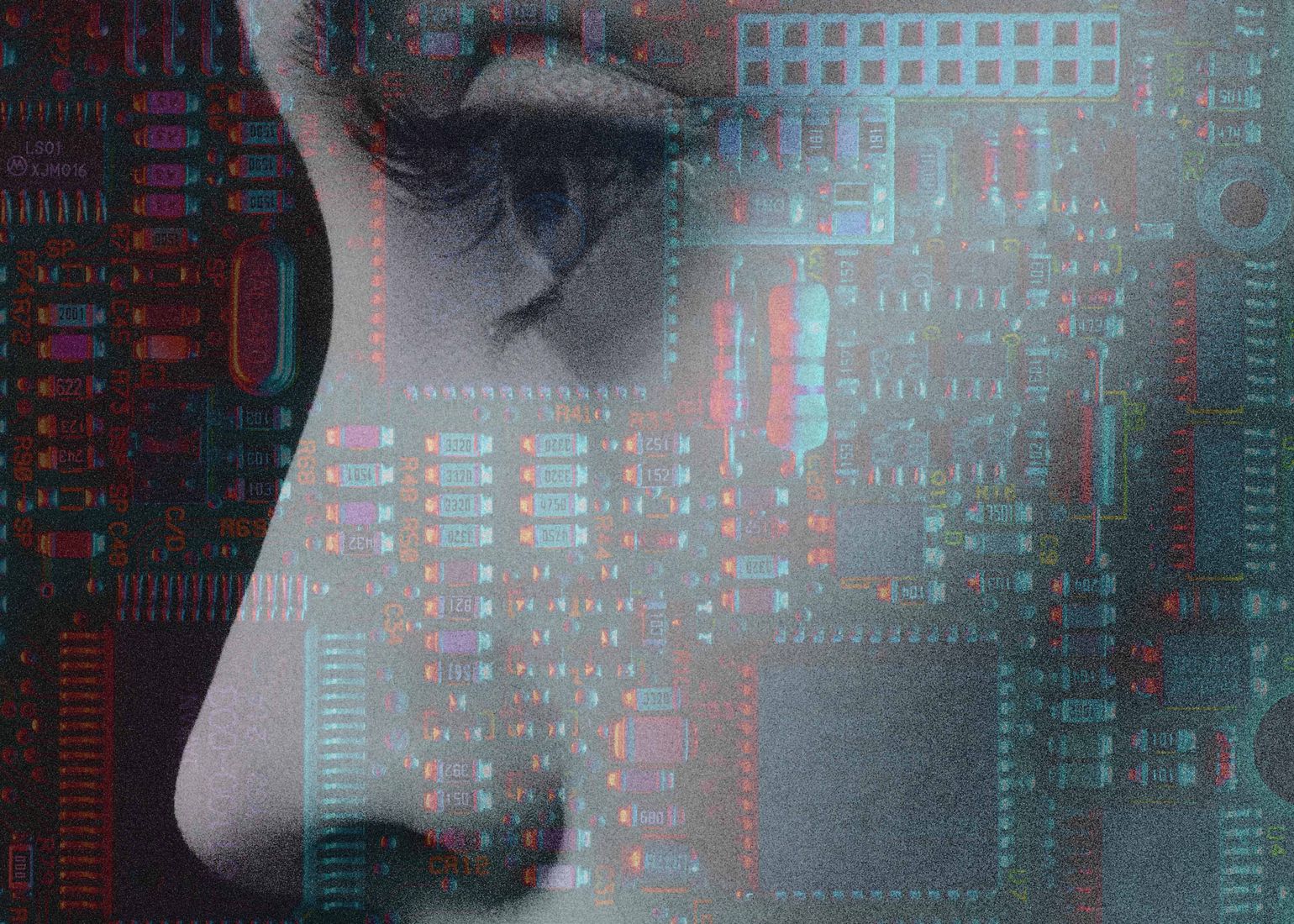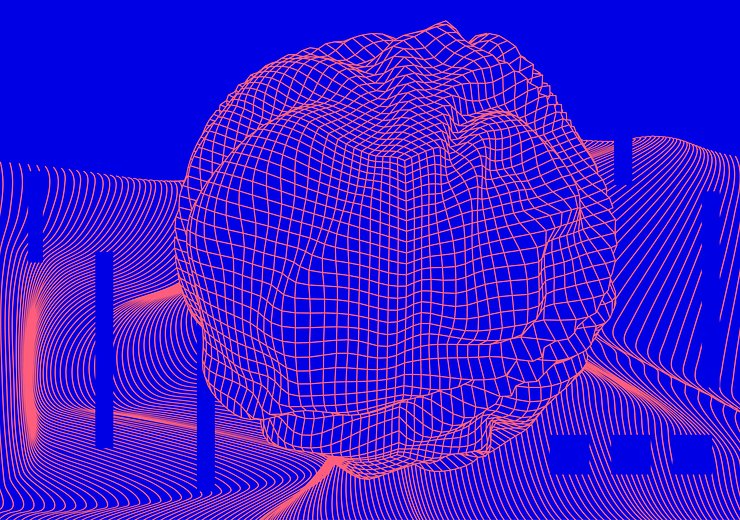Digital Humanism
Technology profoundly shapes the world we live in, and the stakes are high. Digital Humanism deals with digital technology development and policies based on human rights, democracy, inclusion, and diversity.
Digital Humanism is a mindset, a philosophy, a political driving force, a scientific approach, and most of all – a promise to society. That we are determined to build, regulate and develop technology for people, for a better future.
Latest News
- Toby Walsh: “The AI Race: Boom or Doom?” Mar 26, 2026 Digital HumanismJoin us on March 26 for the Institute for Human Sciences (IWM) Digital Humanism Fellowship Lecture, “The AI Race: Boom or Doom?”, with Toby Walsh!
- Stefan Szeider: “LLMs When Left Alone” Feb 26, 2026 Digital HumanismJoin us on March 10 for the Digital Humanism Lecture, “LLMs When Left Alone”, with Stefan Szeider! The lecture will be moderated by Julia Neidhardt.
- Polis Digitalis: Brando Benifei Feb 10, 2026 Digital HumanismJoin us on February 10 for the Polis Digitalis talk with Brando Benifei, Will the EU stand strong?, moderated by Jannis Brühl.
- A colourful Kick-off: Seeding a Responsible Digital Future Dec 17, 2025 Digital HumanismWith the official launch of the Vienna Doctoral College for Digital Humanism on 19 November, Vienna strengthens its role as the capital of Digital Humanism.
- Digital Humanism Doctoral College Kick-Off Nov 19, 2025 Digital HumanismJoin us on November 19 at Urania Sternwarte for the Kick-Off of the Doctoral College on Digital Humanism!
- Jaron Lanier: “Who Owns the Future?” Oct 21, 2025 Digital HumanismJoin us on October 21 for the Digital Humanism Lecture with Jaron Lanier, “Who Owns the Future?”, moderated by Sarah Kriesche!
- Die Macht der geschriebenen Worte Oct 13, 2025 Digital HumanismJoin us on October 13 for a discussion on the digital transformation of language!
- Public Lecture by Jonathan Haidt Sep 30, 2025 Digital HumanismJoin us on September 30 for Jonathan Haidt’s lecture, The Mass Destruction of Human Potential and the Human Spirit Since 2010, moderated by Allison Stanger.
- Digitalisierung und der Digitale Humanismus Sep 22, 2025 Digital HumanismAm 16. Oktober startet die neue Veranstaltungsreihe “Digitalisierung und der Digitale Humanismus Grundlagen, Potenziale, Risiken”!
Missed something? Scroll down to see all our recent highlights, events, and news.
UNESCO Chair
The UNESCO Chair on Digital Humanism (2023–2027) aims to shape the development of digital technologies and policies toward human rights, democracy, participation, inclusion, and diversity.
Peter Knees and Julia Neidhardt are Chairholder and Co-Chairholder.
The chair was established in 2023 and fosters interdisciplinary collaboration and establishes strong links with partner universities, especially in the global south, through research and education. Moreover, it aims to develop teaching curricula reflecting the topics of Digital Humanism; to include interdisciplinary methods into technical courses at TU Wien; to develop and adopt ethical research policies following UNESCO’s Recommendation on Ethics of Artificial Intelligence; and to organize recurring events to exchange and develop research agendas with related research initiatives.
The chair further acts as a networking hub, connecting partners and activities of the international DIGHUM initiative of TU Wien and the Center for Artificial Intelligence and Machine Learning (CAIML).
Doctoral College
With the launch of the “Digital Humanism” doctoral program in the winter semester of 2024, Vienna is setting a bold standard for interdisciplinary research in digitalization and digital practices. This unique program, a collaboration between Stadt Wien and the Wiener Wissenschafts-, Forschungs- und Technologiefonds (WWTF), goes beyond traditional approaches, bringing together TU Wien, the University of Vienna, and WU Wien, with experts from nine different faculties and departments.
With a total of €3.2 million in funding - including €1.8 million from the City of Vienna and the WWTF - the initiative will support 10 doctoral students directly and several more through third-party funding over the next five years. The program provides a unique opportunity for young researchers to explore the critical intersection of technology and society, and to address pressing digital challenges from a holistic, human-centered perspective.
“Digital Humanism combines the efforts of disciplines that traditionally don’t work together,” says Peter Knees, professor at TU Wien Informatics, UNESCO Chairholder on Digital Humanism, and coordinator of the new doctoral program. This approach promotes a deeper, multifaceted understanding of technology’s role in our world, aiming to create a holistic view that includes ethics, societal impact, and innovation. With the involvement of Vienna’s leading universities, the program brings together a powerful range of perspectives united by a shared goal: to develop a future in which technology serves humanity responsibly and sustainably.
Integrating technological innovation with societal concerns is a core mission at TU Wien. “Long before the Vienna Manifesto for Digital Humanism, we have been dedicated to sensitizing computer science researchers to human-centered approaches in digital technology,” explains TU Wien Vice Rector Peter Ertl.
Activities
We foster a stream of Digital Humanism activities. Find our main players, cooperations and initiatives within and beyond TU Wien Informatics here.
- DIGHUM
The Digital Humanism Initiative - Vienna Manifesto on Digital Humanism
Public Call to Deliberate and Act on Technological Development - Lecture Series
Ongoing Series of Online Events, Lectures, and Discussions - Perspectives on Digital Humanism
Open Access Book with Essays from Computer Science, Law and Humanities - CAIML
Center for Artificial Intelligence and Machine Learning - Digital Humanism Fellowship
Cooperation with the Institute for Human Sciences (IWM) - Vienna Gödel Lectures
Public Lecture Series on How Technology Shapes the World We Live In - CDL RecSys
Christian Doppler Lab for Recommender Systems - VU Digital Humanism
Lecture and Exercise Course in Our Master Curricula
Contact
Want to talk to real people about the challenges we face? Here are the leading experts and primary contacts for all our Digital Humanism initiatives.
Highlights
Recent highlights, events, and news from all our Digital Humanism initiatives.
Want more? Head over to our
Newsroom!
Want more? Head over to our Newsroom!
In the News
Here you’ll find the latest media coverage with our experts:
2026
- Julia Neidhardt / Technik mit Verantwortung? Möglichkeiten und Grenzen in Zeiten von KI und Digitalisierung / BMFWF / Feb 26, 2026
- Gerti Kappel / Informatik – (k)ein Fach für Frauen? / Der Standard / Feb 14, 2026
2025
- Nysret Musliu / TU Wien lädt zu „AI-Festival“ / wien.orf.at / Dec 3, 2025
- Nysret Musliu / KI kein Ersatz für Forscherinnen und Forscher / science.orf.at / Dec 2, 2025
- Zeta Avarikioti / TU-Wien-Forscherin Georgia Avarikioti erhält Hedy-Lamarr-Preis 2025 / OTS / wien.orf.at / Oct 16, 2025
- René Röpke, Laura Kovacs / TU Wien eröffnet eduLAB für Kinder und Jugendliche / OTS / Sep 30, 2025
- Katta Spiel / Barrierefreiheit: Universitäten als Arbeitsplatz / Ö1 Mittagsjournal / Sep 26, 2025
- Sabine Theresia Köszegi / US-Datenkrake:„Wir verkaufen uns und lassen uns steuern“ / krone.tv / Wiener Wissen / Jun 16, 2025
- Gerti Kappel / Arbeitslos durch KI / Ö1 / Digital.Leben / Jun 12, 2025
- Gerti Kappel / Über wieviel digitale Kompetenz verfügen wir? / Ö1 / Science Arena / Jun 2, 2025
- Walter Palmetshofer / KI im Alltag: Zwischen Hilfe und Risiko / ORF.at / May 31, 2025
- Hannes Werthner / Digitaler Humanismus von KI gefordert / ORF.at / May 27, 2025
- Hannes Werthner / Gerechtigkeit und Grundrechte – Konferenz zum Digitalen Humanismus / OTS and ORF kulturMontag / May 26, 2025
- Peter Knees / Zukunft der Forschung: „Wir müssen weg vom isolierten Silo-Denken“ / krone.tv / Wiener Wissen / May 4, 2025
- Gerti Kappel / Häupl ganz offen: „Bieten Forschern, die vor Trump fliehen, Asyl an“ / krone.tv / Wiener Wissen / Apr 20, 2025
- Erich Prem / Digitalisierung: So werden wir nicht überrollt / krone.tv / Wiener Wissen / Apr 7, 2025
- Geraldine Fitzpatrick / Fit for People, Fit for Purpose: Designing Tech that Matters / Communications of the ACM / Jan 21, 2025
- Hannes Werthner / “Ich trenne nicht zwischen Humanismus und Digitalem Humanismus” - Renata Schmidtkunz im Gespräch mit Hannes Werthner / Ö1 Im Gespräch / Jan 17, 2025
2024
- Stefan Woltran, Julia Neidhardt / Warum der Chatbot wie ein Mann „denkt“ / Wiener Zeitung / Dec 2, 2024
- Peter Knees / Digitaler Humanismus: Neues Doktoratskolleg an drei Wiener Unis startet / Stadt Wien, Presse-Service / Oct 28, 2024
- Peter Knees / KI-Experimente fordern “weiße” Musik heraus / ORF TOPOS / Oct 4, 2024
- Clemens Heitzinger / Digital Future Projects for the Job Market of the Public Employment Service Austria (AMS) / Expert Panel / Sep 3, 2024
- Ivona Brandic / Im Park streamen ist für das Klima schlechter als daheim / Wiener Zeitung / Jul 27, 2024
- Ivona Brandic / Stromhunger der KI / Ö1 Mittagsjournal / Jul 4, 2024
- Peter Knees / Profit von Tech-Konzernen zurückholen / Kurier / Jun 28, 2024
- Matteo Maffei / Die Chatkontrolle ist ein Sicherheitsrisiko für ganz Europa / Der Standard / Jun 19, 2024
- Daniela Rus / Intelligente Roboter werden uns Superkräfte verleihen / Der Standard / Jun 9, 2024
- Daniela Rus / Wie intelligente Roboter den Alltag verändern könnten / Ö1 Mittagsjournal / May 28, 2024
- Daniela Rus / Künstlich intelligente Roboter / Ö1 Digital.Leben / May 28, 2024
- Peter Knees / Gefährdet KI unsere Demokratie? / Digital.Leben Ö1 / Jan 18, 2024
2023
- Clemens Heitzinger / Algorithmus statt Arzt? Künstliche Intelligenz in der Medizin / Ö1 Journal Panorama / Nov 28, 2023
- Emanuel Sallinger / KI-Technologie: Damit Mist kein Unrat wird / Kurier / Nov 23, 2023
- Agata Ciabattoni / Künstliche Intelligenz: Ethikunterricht für KI-Systeme / Kurier / Nov 22, 2023
- Peter Knees / KI und Menschenrechte / dimensionen.diskussionen Ö1 / Nov 16, 2023
- Georg Gottlob / Künstliche Ignoranz / Digital.Leben Ö1 / Nov 7, 2023
- Julia Neidhardt / Künstliche Intelligenz: Der gefilterte Blick auf die Welt / Kronen Zeitung / Oct 20, 2023
- Lukas Grasmann, Nysret Musliu / Künstliche Intelligenz weiß, was du morgen einkaufen willst / Kurier, Futurezone / Sep 11, 2023
- Peter Knees / Der Kampf gegen die digitale Ohnmacht / Die Presse / Aug 27, 2023
- Georg Gottlob / Man muss es nicht künstlich intelligent nennen / ORF.at / Aug 27, 2023
- Thomas Eiter / Verschläft Politik die KI-Revolution / Café Puls, Puls 4 / Jun 19, 2023
- Julia Neidhardt / Made by KI: Wie Künstliche Intelligenz die Mode- und Beautyindustrie verändert / MISS / May 19, 2023
- Peter Knees, Julia Neidhardt / UNESCO-Lehrstuhl für “Digitalen Humanismus” an TU Wien eingerichtet / Salzburger Nachrichten / May 16, 2023
- Peter Knees, Julia Neidhardt / “Digitaler Humanismus” – UNESCO-Lehrstuhl an TU Wien eingerichtet / APA Science / May 16, 2023
- Julia Neidhardt / Wie Künstliche Intelligenz für “glückliche Zufälle” sorgen kann / Nerds mit Auftrag, APA Science / Apr 27, 2023
- Peter Knees / Ist künstliche Intelligenz bald klüger als wir? / Der Standard / Apr 17, 2023
- Peter Knees / Die Macht der KI lässt sich begrenzen / Trend / Apr 7, 2023
- Sabrina Burtscher / Wie queer „denkt“ künstliche Intelligenz? / ORF.at / Mar 21, 2023
- Emanuel Sallinger / Grenzen künstlicher Intelligenz kritisch hinterfragen / Der Standard / Mar 16, 2023
- Stefan Woltran / Wie kann man das Internet noch retten? / Wiener Zeitung / Mar 15, 2023
- Julia Neidhardt / KI hängt fest in Genderklischees / ORF.at / Mar 12, 2023
- Clemens Heitzinger / ChatGPT: Revolutionär oder gefährlich? Arbeit, Bildung, Medien: Kann uns „KI“ ersetzen? / Puls 4, Café Puls / Mar 6, 2023
- Peter Knees / Immer mehr KI-Jobs: Erstmals Stelle als “KI-Flüsterer” ausgeschrieben / Der Standard / Jan 31, 2023
- Stefan Woltran / Man kann die Entwicklung menschlicher Intelligenz nicht von der Evolution trennen / roadmap2050.at / Jan 25, 2023
- Julia Neidhardt / Algorithmische Diskriminierung: Das Problem von KI und Vorurteilen / Radio FM4, Stories / Jan 20, 2023
- Peter Knees / Künstliche Intelligenz: Die Revolution der KI / News / Jan 11, 2023














































